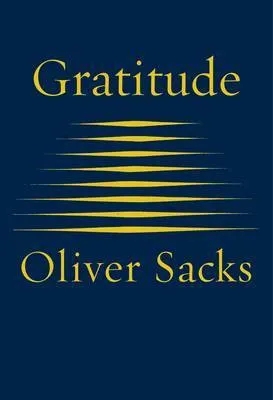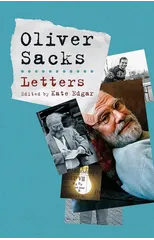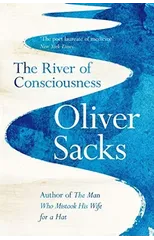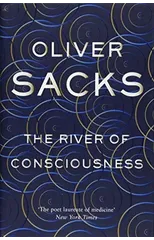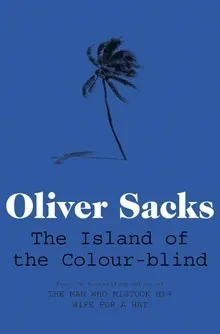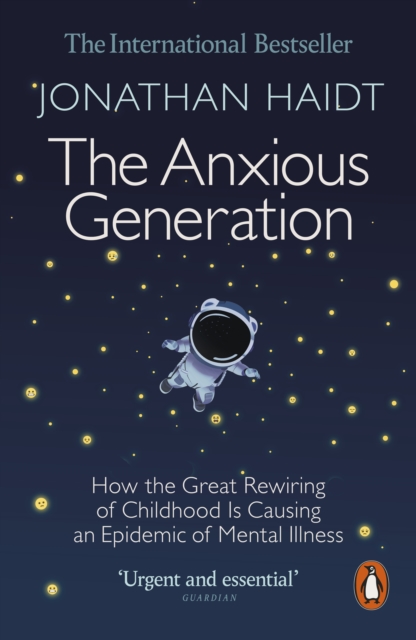Oliver Sacks died in August 2015 at his home in Greenwich Village, surrounded by his close friends and family. He was 82. He spent his final days doing what he loved: playing the piano, swimming, enjoying smoked salmon - and writing. As Dr Sacks looked back over his long, adventurous life his final thoughts were of gratitude. In a series of remarkable, beautifully written and uplifting meditations, in Gratitude Dr Sacks reflects on and gives thanks for a life well lived, and expresses his thoughts on growing old, facing terminal cancer and reaching the end. I cannot pretend I am without fear. But my predominant feeling is one of gratitude. I have loved and been loved; I have been given much and I have given something in return; I have read and travelled and thought and written. I have had an intercourse with the world, the special intercourse of writers and readers. Above all, I have been a sentient being, a thinking animal, on this beautiful planet, and that in itself has been an enormous privilege and adventure.
Oliver Sacks
Oliver Sacks (1933-2015) was a British-American neurologist and author known for his compassionate and insightful writings on the human brain and the mysteries of the mind. His most notable works include "The Man Who Mistook His Wife for a Hat" and "Awakenings," which inspired the Oscar-nominated film starring Robin Williams and Robert De Niro. Sacks' literary style was characterized by a blend of scientific rigor and poetic storytelling, making complex neurological concepts accessible to a wide audience. His contributions to literature include shedding light on the experiences of individuals with neurological disorders and challenging societal perceptions of what it means to be human. Oliver Sacks remains a prominent figure in the genre of medical narrative and his work continues to inspire readers and researchers alike.
